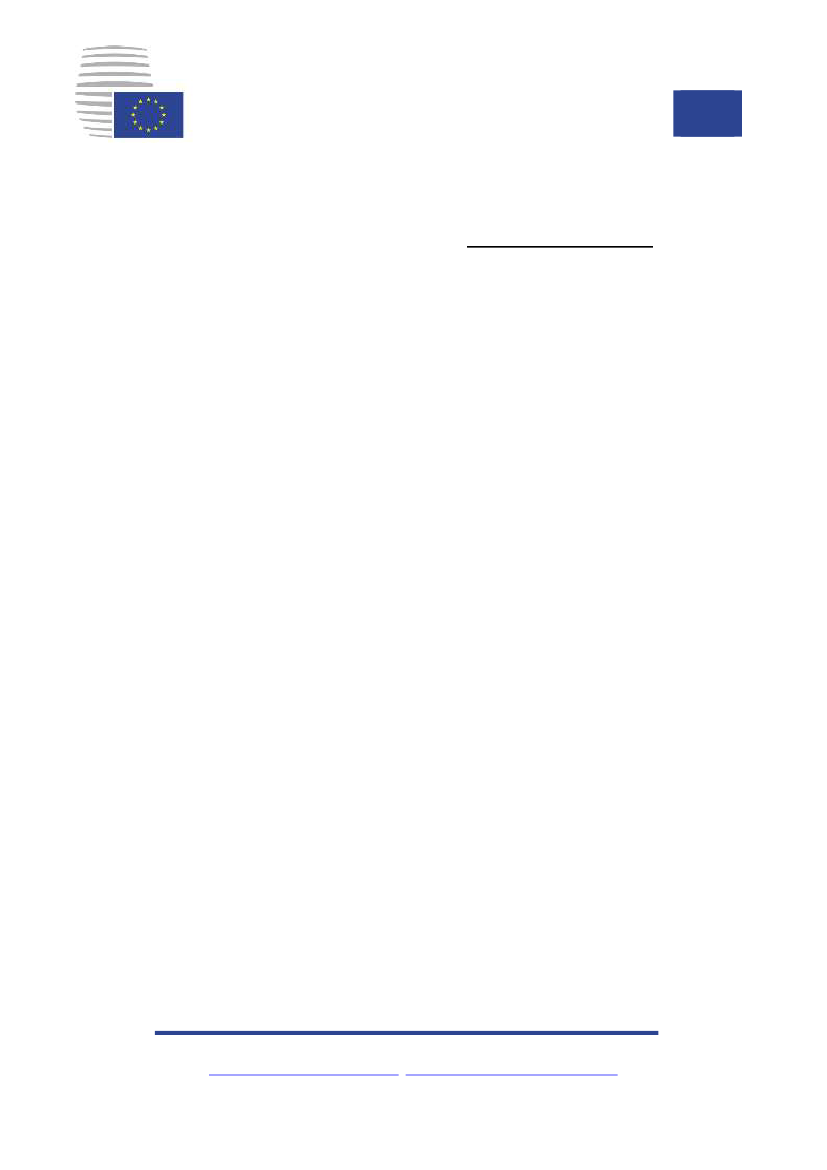
Council of the
European Union
15278/15
(OR. en)
PROVISIONAL VERSION
PRESSE 81
PR CO 73
EN
OUTCOME OF THE COUNCIL MEETING
3438th Council meeting
Foreign Affairs
Brussels, 14 December 2015
President
Federica Mogherini
High Representative for Foreign Affairs and Security
Policy
PRESS
Rue de la Loi 175 B – 1048 BRUSSELS Tel.: +32 (0)2 281 9773 / 6319 Fax: +32 (0)2 281 8026
[email protected] http://www.consilium.europa.eu/press
15278/15
1
EN